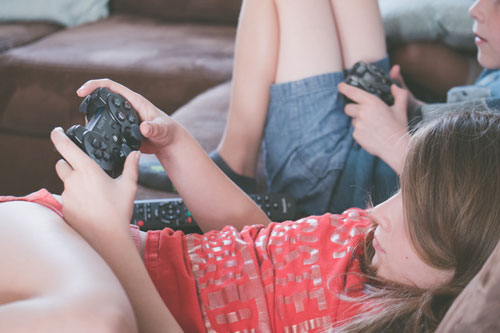
“Digital games and simulations will continue to grow in cultural influence and shed their reputation for being merely violent or trivial, leading to their becoming a standard component of teaching and learning.” – Paul Darvasi
Amikor a járvány beköszöntött, oktatók voltak készek a virtuális tanulásra? „A digitális játékok interakciót és részvételt igényelnek, két olyan tulajdonság, amely ma az iskoláskorú generáció életének nagy részét jellemzi,”- mondja a pedagógus, előadó és játéktervező Dr.. Paul Darvasi. But do these products engage students and keep them motivated to learn? Darvasi says they do. He believes that beyond engagement, games “help extend learning, offer virtual spaces to explore, allow for online collaboration, encourage critical thinking, and offer sites for creation and making.”
So how are games supporting and enhancing online teaching and learning during the pandemic and what role will they play in the future of learning?
A Global Search for Education örömmel üdvözöljük Dr.. Paul Darvasi.
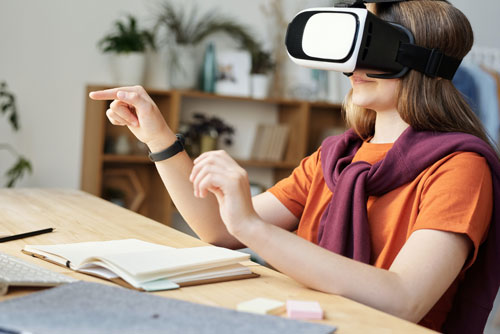
“Virtual reality will accelerate in use to create greater opportunities to undertake learning in immersive environments.” – Paul Darvasi
Paul, can you speak about specific game-based products and approaches that are being used now. Do we have any new evidence of their impact and/or effectiveness?
The research on game-based learning has exploded over the last fifteen years. Countless studies provide support for the effective use of digital games and simulations in diverse contexts. Ráadásul, many educators have shared lessons and experiences online that model how to leverage commercial games for instruction. Examples include teachers using Minecraft to create a learning environment where students can meet virtually to work on projects, solve problems and interact socially when in-person interactions are at a premium. It’s also useful to teach coding, design, and create models and videos to support learning in all subjects. Games like What Remains of Edith Finch vagy Gone Home can be used as viable texts in literature classes, while history comes to life with Ubisoft’s Discovery Tours, in-situ tours of ancient Greece and Egypt extracted from their popular title, Assassins Creed. Ethics and morals can be explored in choice-based games with branching narratives such as 1979 Revolution: Black Friday vagy The Walking Dead, especially since any decisions made in games produce consequences.
Products like Classcraft és Gradecraft for older students are full-blown learning management systems that allow teachers to run their classes like games that borrow many of the tools and mechanics that drive engagement in popular video games. We must also remember that there is a blurry line between games and simulations, and simulations are powerful arenas for learning in virtual situ.
How does student assessment with these digital tools work in a distance learning environment?
All traditional modes of assessment can be used in conjunction with games, including tests, essays and a range of creative responses. Azonban, games also offer some unique opportunities to gather evidence of student learning. Students can write game reviews where they think critically about their digital media consumption. They can be asked to critique history games for their accuracy, or delve into the physics of games like Portal 2 vagy Kerbal Space Program. Továbbá, they can make films called machinima using video games, which might interpret a play or a novel, but can also produce instructional films for other subjects. Végül, they can design games, paper or digital, to demonstrate how well they’ve absorbed the content area of any subject. All of these can be delivered and shared through online learning environments. Végül, games are incredibly flexible systems that creative educators can apply to diverse purposes with a little imagination.
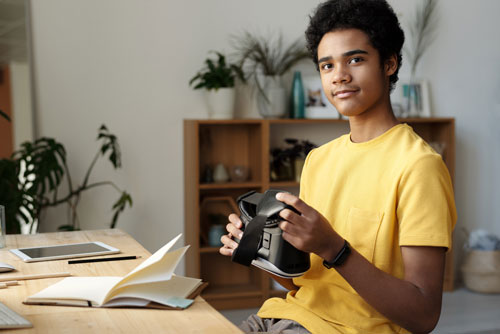
“Education itself will become more game-like, with learners having more choice and agency in how and what they learn.” – Paul Darvasi
Végül, can you share your 5 predictions for game-based learning in the next 5 év?
Games have replaced motion pictures as the world’s most lucrative entertainment industry, which speaks to the growing prevalence of games in global culture. Következésképpen, games and game-like designs will increasingly pervade day to day life. Accordingly, I predict that:
- Digital games and simulations will continue to grow in cultural influence and shed their reputation for being merely violent or trivial, leading to their becoming a standard component of teaching and learning.
- Virtual reality will accelerate in use to create greater opportunities to undertake learning in immersive environments.
- Augmented reality and location-based games such as Pokemon Go will augment civic engagement and redefine how we interact with our cities and communities.
- If there is a reduction in stable employment, elaborate social games will open new avenues for identity construction, a sense of purpose and productivity.
- Education itself will become more game-like, with learners having more choice and agency in how and what they learn. rubrikák, grades and report cards will seem like blunt force instruments in contrast with the granular data and feedback that will characterize the future of learning in ludic digital environments.
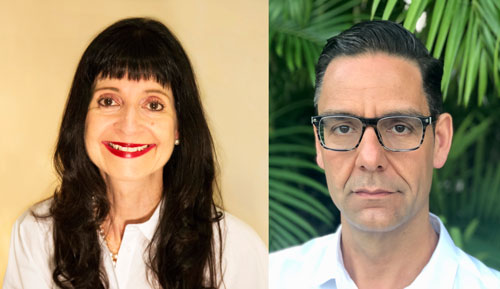
C.M. Rubin and Paul Darvasi
Köszönjük, hogy a 800 plusz globális közreműködők, tanárok, vállalkozók, kutatók, üzleti vezetők, students and thought leaders from every domain for sharing your perspectives on the future of learning with A Global Search for Education minden hónapban.
C. M. Rubin (Cathy) az alapító CMRubinWorld, egy online kiadóvállalat összpontosít a jövőben a globális tanulás, és a társalapítója Planet Classroom. Három legkelendőbb szerző könyvek és két széles körben olvasható online sorozat 3 Upton Sinclair Díjak: „Az oktatás globális keresése”. A sorozat, melyik az ifjúság támogatója, indult 2010 és összehozza megkülönböztetett szellemi vezetők a világ minden tájáról, hogy vizsgálja meg a gombot oktatás problémáira nemzetek.
Kövesse C. M. Rubin on Twitter: www.twitter.com/@cmrubinworld

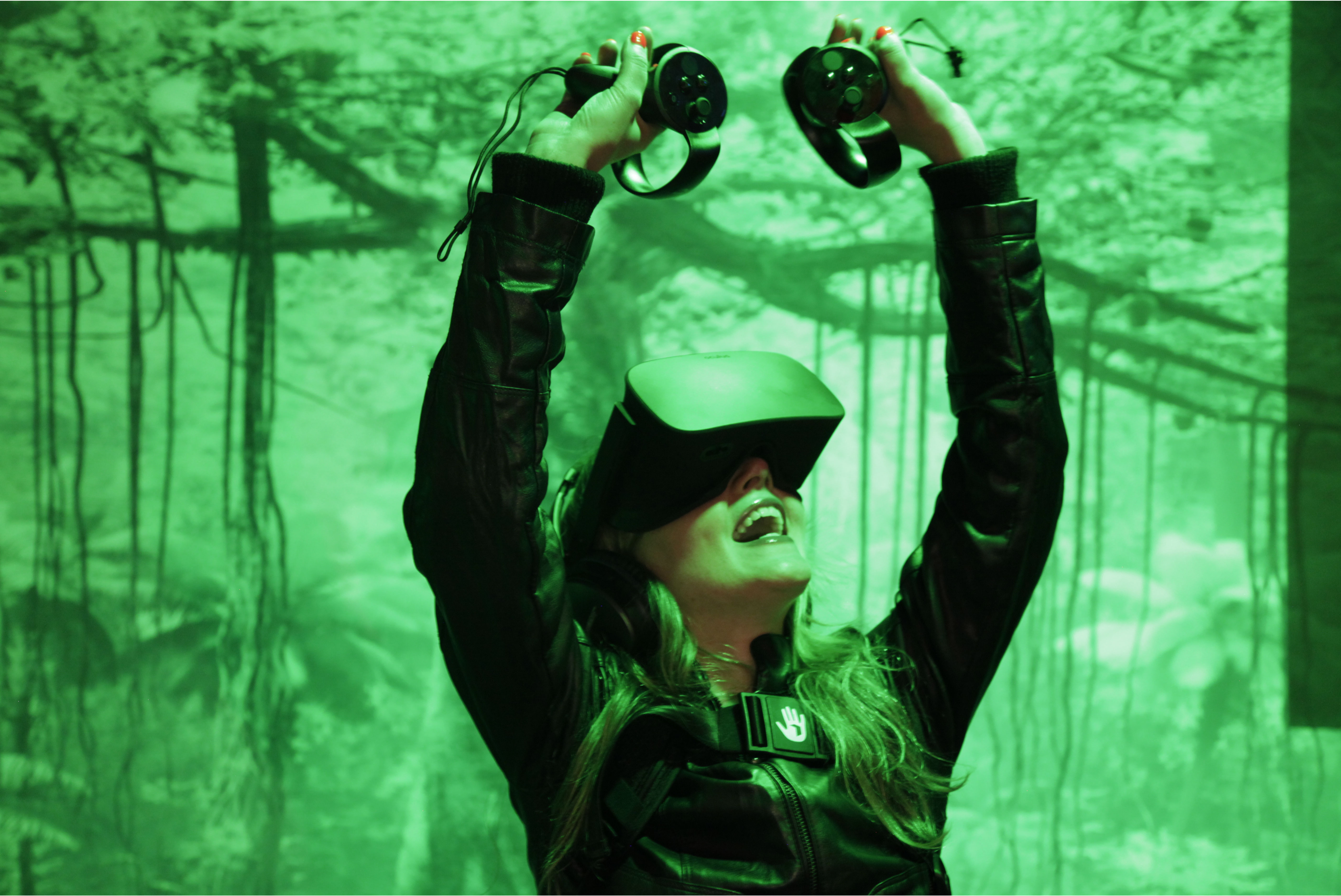
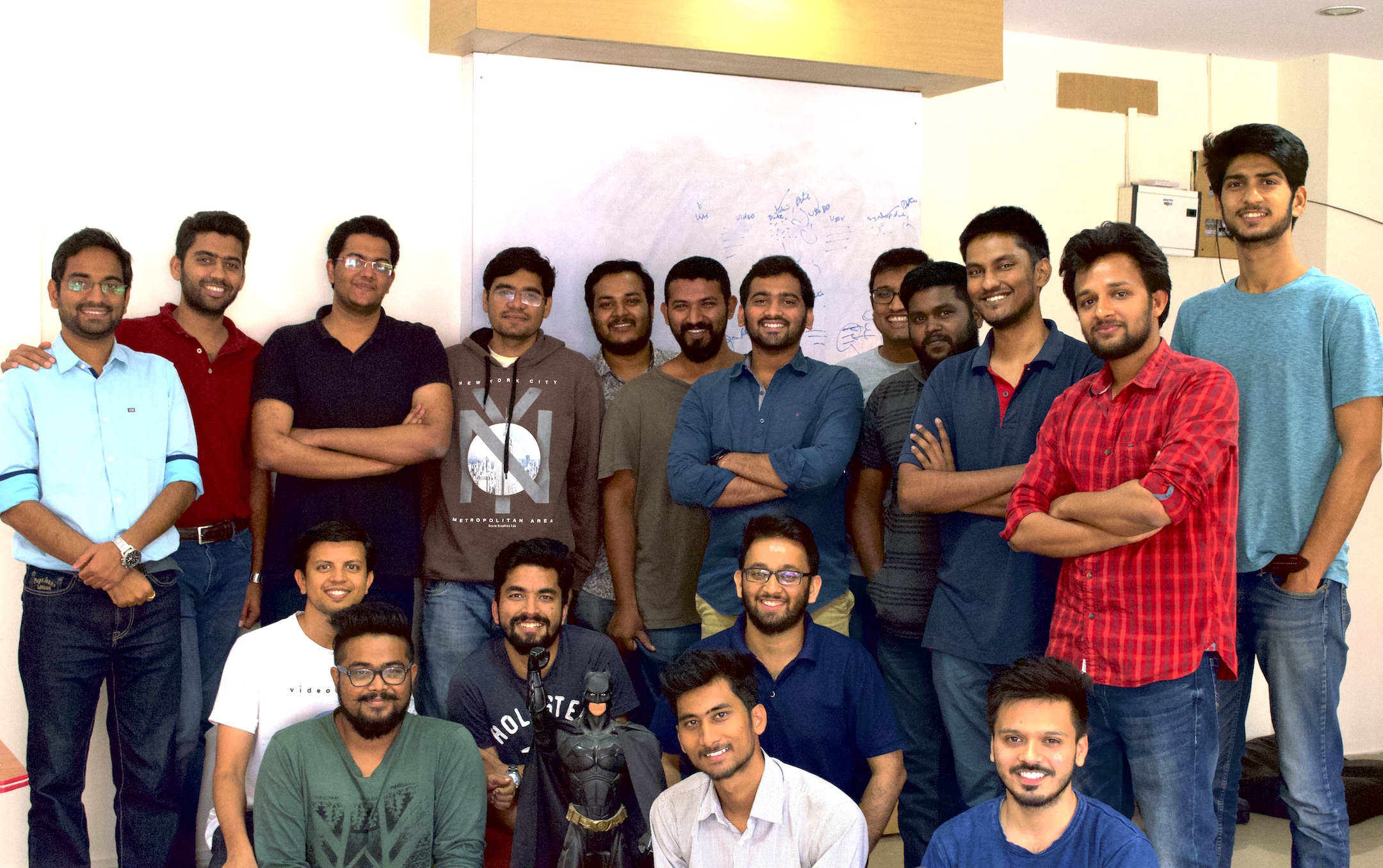

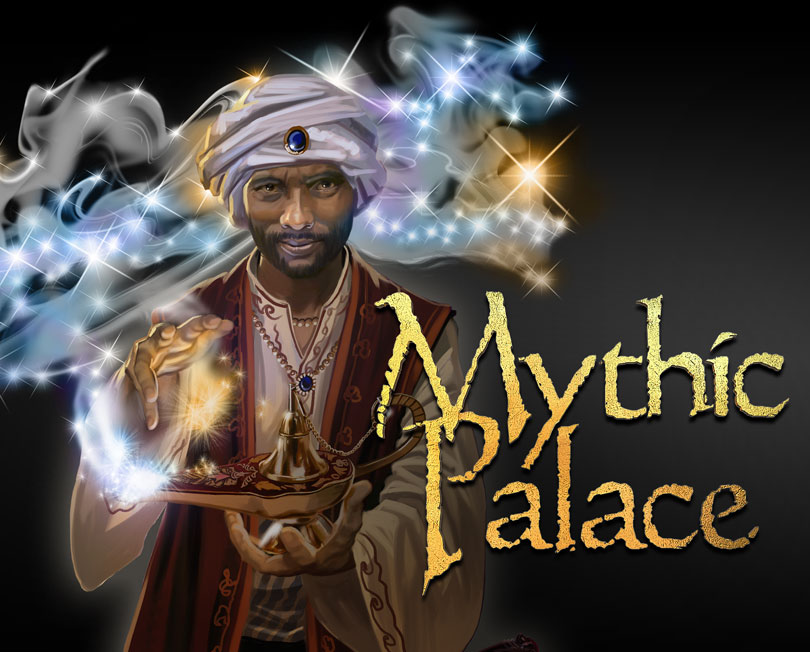
Legutóbbi hozzászólások